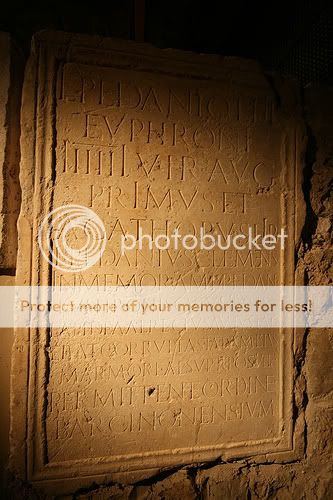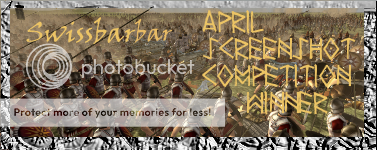Dentatvs' Last Night
Winter of 266
Dentatvs lay on his bed, ill of old age, tiresome of wars past and running the Republic. Blasio sat near him holding his hand while a scribe wrote his dying words...
"Good Blasio, you have been a son to me, and more than a friend to my family." Blasio holding back tears as a Roman should. "Blasio, promise me...he coughs harshly promise me you will keep the Res Publica intact"
"I promise father." Blasio replies out of respect. "But am I to be made dictator in your place? The senators will not agree with that for long. I may not serve them as you did-"
"Never mind...Dentatvs clears his throat never mind the dictatorship." Dentatvs pulls Blasio closer"You shall restore the power of the senate in good time. We can trust the men of the Curia. Ally yourself with those who will serve Roma and its well being...and all will be sorted out appropriately." Blasio Nods. "Bring peace to us if you can...he coughs even harder, longer and give Roma a time of never before seen economic prosperity. If you can gain the trust of the plebs, you will gain the trust of the senate."
Blasio listens deeply, taking in each word knowing they may be his last. Dentatvs coughs out a gargled cough holding his chest.
"A doctor! A doctor now hurry!" Blasio yells to the scribe "Good Dentatvs! My friend..My father! I will serve Roma well! In your name!"
Shaking his head no as best he can and trying to put words together Dentatvs struggles to reply.
"No...He shakes and his coughing grows louder not for me...no..t..for me...for..Ro...m..aa-"
Dentatvs falls to his bed...his eyes closing slowly as his the last winds draw from his mouth. Blasio's head falls and that first, painful, tear falls to the ground. The doctor arrives...



 X 9
X 9

 Reply With Quote
Reply With Quote +
+  =
= 
 of him. Who wouldn’t be? He could kill you with his bare hands in two seconds flat, or snap you like a twig if you so much as looked at him funny.
of him. Who wouldn’t be? He could kill you with his bare hands in two seconds flat, or snap you like a twig if you so much as looked at him funny. 





Bookmarks